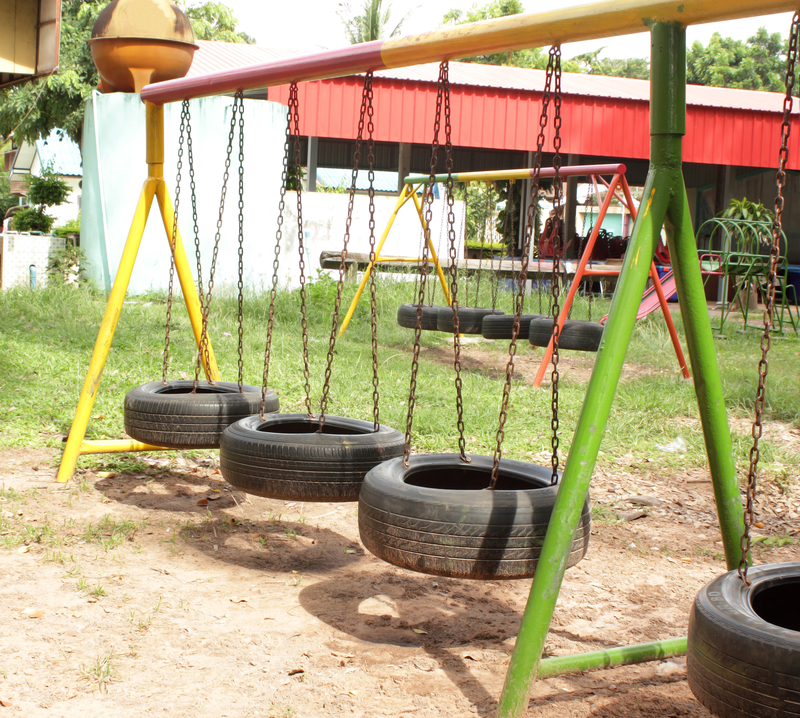Food waste is a major problem in today's society. According to the Food and Agriculture Organization of the United Nations, approximately one-third of all food produced globally is wasted. This not only has significant economic and environmental consequences, but it also means that millions of people are left hungry. However, there are ways we can combat this issue through resourceful recycling practices for dealing with food waste. In this article, we will explore 7 effective strategies that can help us reduce food waste and create a more sustainable future.
1. Composting
Composting is a great way to recycle food waste at home. It involves collecting organic waste such as fruit and vegetable scraps, eggshells, and coffee grounds, and allowing them to decompose into nutrient-rich soil. This soil can then be used to fertilize gardens or potted plants. Not only does composting divert food waste from landfills, but it also reduces the need for chemical fertilizers, thus benefiting both the environment and our wallets.

2. Food Banks and Donations
Another effective way to deal with food waste is by donating excess food items to those in need through food banks or other charitable organizations. Many countries have laws in place that protect businesses from liability when donating good quality surplus food to these organizations. This not only prevents edible food from ending up in landfills but also helps feed thousands of people who struggle with hunger.
3. Meal Planning
Meal planning is an essential strategy for reducing food waste at home. By carefully planning our meals, we can avoid buying unnecessary groceries and ingredients that often end up spoiling in our kitchens. We can also reuse leftovers from previous meals in creative ways, reducing our overall food waste. Additionally, by shopping according to a plan, we can avoid impulse purchases and save money.
4. Creative Cooking
Sometimes, food waste can be avoided by using creative cooking techniques. Bruised fruits can be turned into smoothies or baked into pies. Vegetable scraps can be used for making stocks and soups. Even stale bread can be transformed into a delicious bread pudding. By thinking outside the box, we can reduce our food waste while also discovering new and tasty recipes.
5. Freezing and Preserving
Freezing and preserving are excellent methods for extending the shelf life of food items. Fruits and vegetables can be chopped, frozen, and used in smoothies or stir-fries later on. Meat and fish can also be frozen for future use. Preserving techniques such as pickling, fermenting, and canning can help us preserve seasonal produce and enjoy them throughout the year.
6. Smart Shopping
One of the leading causes of food waste is overbuying at the grocery store. To avoid this, we can shop smarter by making a list before heading to the store, sticking to it, and avoiding bulk purchases that may go bad before we have a chance to consume them. We should also check expiry dates and buy only what we need for a set period to prevent food from going bad before we get a chance to use it.
7. Educating Others
Lastly, one of the most effective ways to combat food waste is by educating others about its impacts and how they can contribute to reducing it. We can do this by sharing our own practices with friends and family, participating in community events focused on sustainable living, or supporting organizations that work towards reducing food waste.
Pros:
- Reduces waste in landfills
- Saves money
- Supports local communities
- Promotes sustainable living
- Helps combat food insecurity
Cons:
- Can require time and effort
- Limited impact without widespread participation
- Some food waste may still be unavoidable
Tips:
- Start small and incorporate one or two strategies at a time.
- Use resources such as online guides or workshops to learn more about sustainable living.
- Get creative with dish ideas to use up leftover ingredients.

Takeaways:
Food waste is a global issue that requires collective action. By incorporating resourceful recycling practices into our daily lives, we can make a significant impact in reducing food waste. Not only does this benefit the environment, but it also has economic and social benefits for individuals and communities.
Conclusion:
In conclusion, food waste is a pressing issue that needs immediate attention. With 7 resourceful recycling practices discussed in this article, we can all do our part in reducing the amount of food we waste. By implementing these strategies, we not only contribute to creating a more sustainable future but also help combat hunger and save money. Let's all take responsibility and do our part in fighting against food waste.




